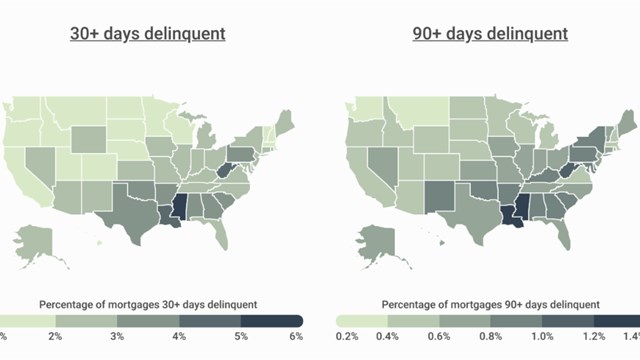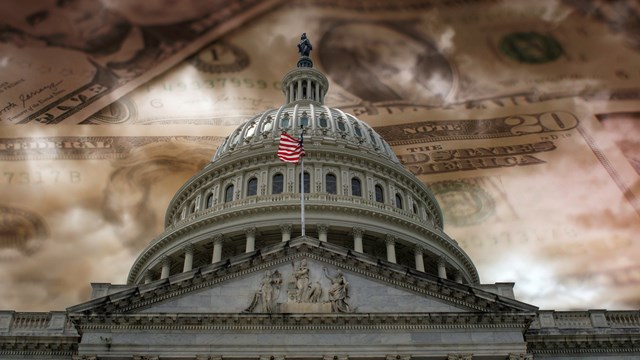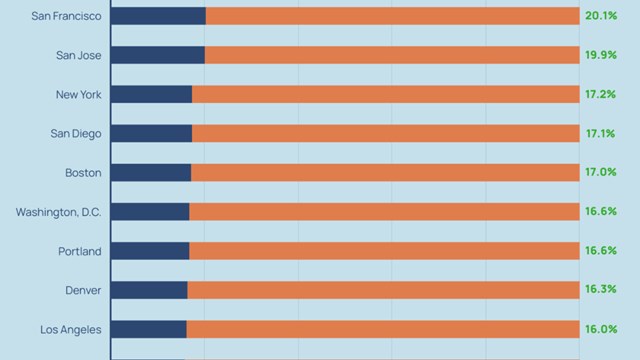As we all know - and are probably sick of hearing at this point - the past year has been a time like no other. Many of us who regularly work in offices have been working from home, many for the first time. Does that qualify us for the same office-in-home deductions that many self-employed and freelance workers take annually on their tax returns? The short answer is probably not - but it’s tricky.
What You Need to Know
If you're on a W-2, your status hasn’t changed. But, “If you are a Schedule C filer or self-employed, you can deduct expenses - as long as your home office is your principal place of business, and your principal place to meet clients and customers in the normal course of that business,” says Avi Zanjirian, a partner at Czarnowski & Beer, an accounting firm based in New York City. “There is also a safe harbor deduction you can take for up to 300 square feet for $5/square foot.” That deduction was designed for the self-employed, and was in effect long before the pandemic.
Great, but what about those of us now working from our dining room tables - or worse, that card table we use for the kid’s table at Thanksgiving? We have many additional expenses now: added electricity charges, perhaps additional phone usage charges. The supply closet isn’t a short walk away on the way to the water cooler or the coffee machine; we’ve had to purchase pads, pens, and even printer ink and paper.
According to Zanjirian, “Any employee forced to work from home because of the pandemic has some options to cover their expenses. They can get some help relative to taxes on the federal level. They should set up an ‘accountable plan’ with their employer. Simply stated, this plan shows that if reimbursement payments to business owners and their employees are properly claimed and documented, they are not taxable to the recipient.” In other words, this provision removes any reimbursements received by the employee from the employer, meaning these monies will not be treated as taxable income. For this to be invoked legally, “Three standards are to be met,” Zanjirian continues. “First, expenses must have a business connection. Second, they must be substantiated within a reasonable 30-day window. And lastly, the employee must return any money not spent to the employer.”
2020 was a tough year for everyone - let’s not to make 2021 even worse by misunderstanding or misapplying tax rules. If your ‘work related expenses’ have increased, as those of many have, work with your employer to receive compensation or reimbursement in an appropriate manner, in full accordance with IRS regulations.







Leave a Comment